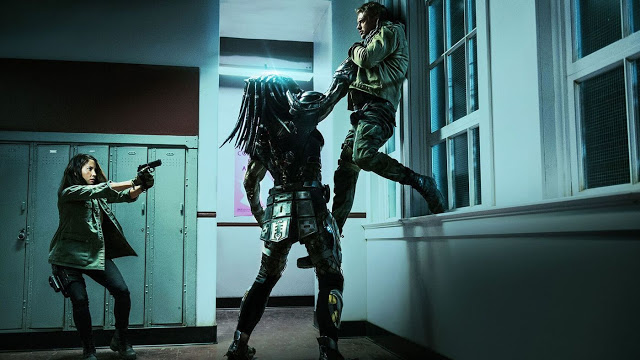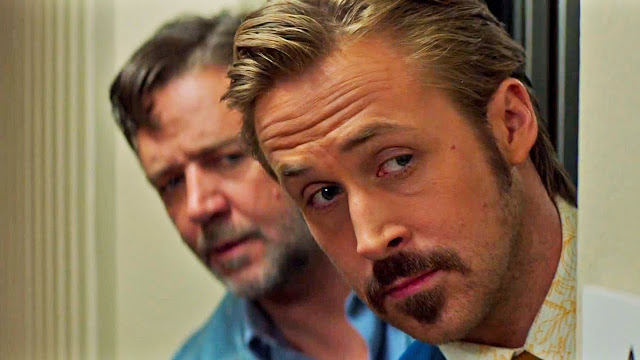The Predator: They Don’t Come in Peace. Neither Do the Aliens.
The eponymous monster of The Predator is very good at one thing, and it’s killing people. Shane Black, the director and co-writer of The Predator, is also very good at one thing, and it’s writing smart, quippy dialogue. But where the Predator is single-minded in its focus—it kills with precision and without mercy—Black is less committed to channeling his energies into his strengths. He’s great with words, but he also loves mayhem, and after appearing as an actor in the original Predator in 1987, he’s clearly overjoyed at the opportunity to take ownership of this franchise as it continues to slice limbs and spill blood. It’s hard to blame him for following his heart, but his ambition can’t match his execution, because as gifted as Black is with masculine banter, he is not an especially skilled director of action.
This is a problem, because The Predator, for all its verbal wit, is an action movie. It is constructed as a series of explosive set pieces, with periodic interruptions for bouts of exposition and exchanges of vulgar, good-natured ribbing. It’s a reliable formula that Black helped create—he penned a number of big-budget screenplays in the ’80s and ’90s, including Lethal Weapon, The Last Boy Scout, and The Long Kiss Goodnight—though where his earlier scripts tended to be complex to the point of indecipherability, this one (co-written by his old collaborator Fred Dekker) is blunt and purposeful. There’s a murderous alien on the loose in suburbia. A cadre of shady bureaucrats want to capture it, a band of hardy soldiers want to kill it, and a few hapless innocents—embodied by an exasperated biologist (Olivia Munn) and a 10-year-old autistic boy (Jacob Tremblay)—find themselves caught in the crossfire. Read More


